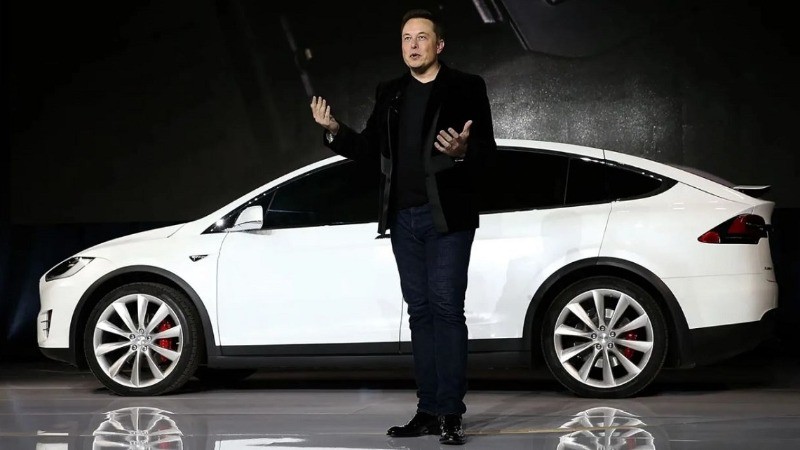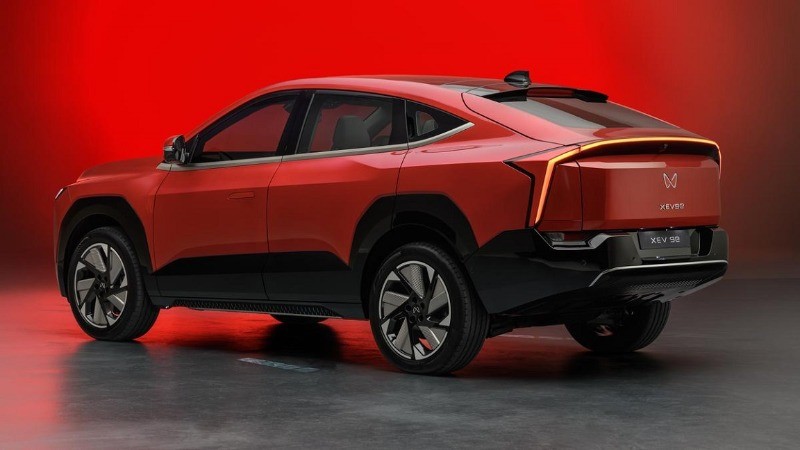 As Tesla continues to dominate the electric vehicle market, many owners are rethinking their loyalty to the brand following CEO Elon Musk’s outspoken political endorsements and controversial views. His support for former President Donald Trump and far-right ideologies has led some Tesla owners to distance themselves from the brand, expressing their dissatisfaction through anti-Musk merchandise, including stickers and decals.
As Tesla continues to dominate the electric vehicle market, many owners are rethinking their loyalty to the brand following CEO Elon Musk’s outspoken political endorsements and controversial views. His support for former President Donald Trump and far-right ideologies has led some Tesla owners to distance themselves from the brand, expressing their dissatisfaction through anti-Musk merchandise, including stickers and decals.
The backlash has been significant, with products like “Anti Elon Tesla Club” and “I Bought This Before Elon Went Crazy” flying off the shelves. Matt Hiller, an aquarium worker from Hawaii, capitalized on this trend, selling anti-Musk stickers and merchandise, which saw a surge in sales. “The day after the election was the biggest day ever,” Hiller said, noting that many Tesla owners were angered by Musk’s political actions.
Hiller’s stickers, including caricatures of Musk as a “Space Clown,” reflect the growing sentiment among owners who feel embarrassed by their association with Musk. “People keep telling me that they feel they can drive their Teslas again with these stickers,” Hiller said, underlining how Musk’s political stance has tainted the Tesla experience for some.
Musk, once celebrated for his commitment to addressing climate change, has seen his image shift from a tech visionary to a polarizing figure. His endorsement of Trump and promotion of conspiracy theories on social media platform X (formerly Twitter) has left many electric vehicle enthusiasts disillusioned. “I thought Elon was advancing our country, but he’s turned out to be kind of an evil person,” said Mika Houston, a Las Vegas-based gymnastics teacher who owns a Tesla Model 3.
Houston expressed discomfort with her Tesla, even purchasing an anti-Musk magnet for her car. Many Tesla owners now face a moral dilemma: should they continue driving the car they once admired, or sell it to protest Musk’s actions? Pamela Perkins, a photographer from California’s Silicon Valley, shared similar concerns, stating, “I thought Elon Musk was a genius but he went bad very quickly.” Perkins is considering selling her Model Y, feeling conflicted about supporting Musk’s political views.
Despite these concerns, Tesla remains the leading electric vehicle manufacturer in the US. However, recent months have seen a slight decline in sales, with some analysts attributing the drop to increased competition and a lack of new product releases. “Tesla isn’t the only player in town now and they haven’t been aggressive in putting new products out,” said Stephanie Valdez Streaty, a director at Cox Automotive.
Musk’s ties to Trump’s administration and concerns over potential changes to electric vehicle incentives have also sparked worry among potential buyers. While it’s unclear if these political associations will significantly affect Tesla’s bottom line, experts suggest that it may have long-term consequences on consumer loyalty. “I do think this will happen, but it remains to be seen which consumers he attracts and which he loses,” Streaty added.




